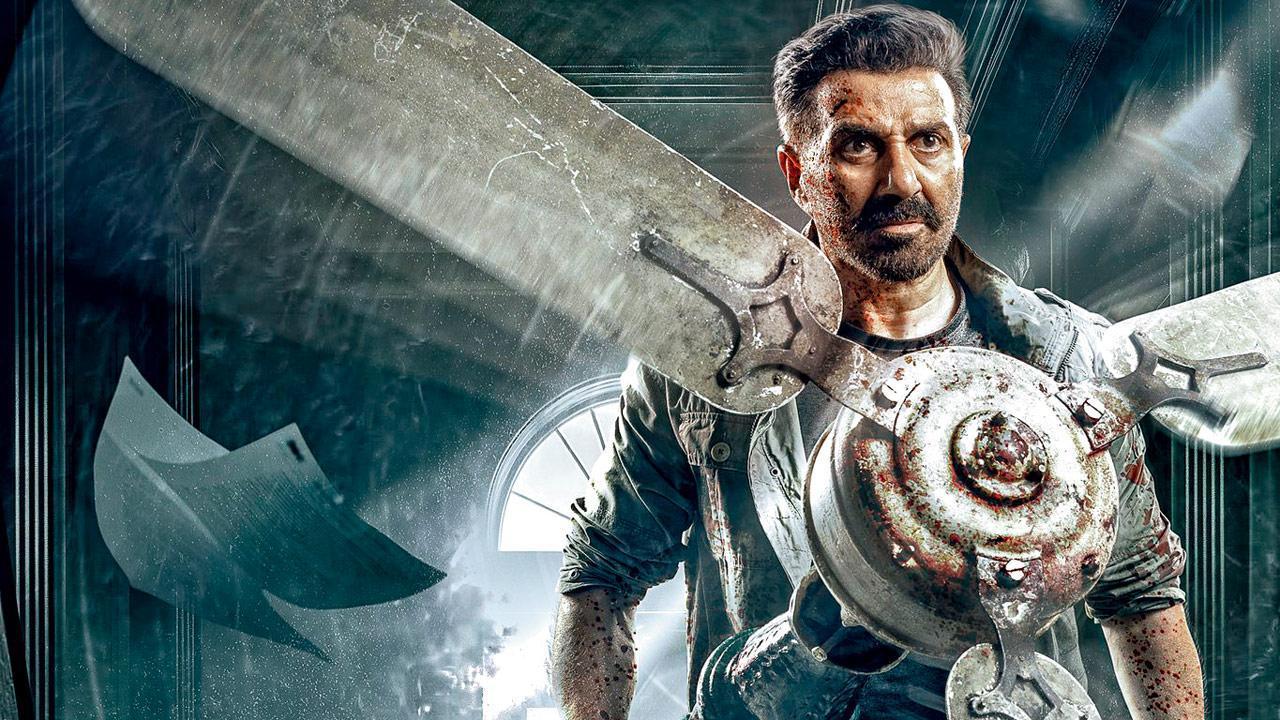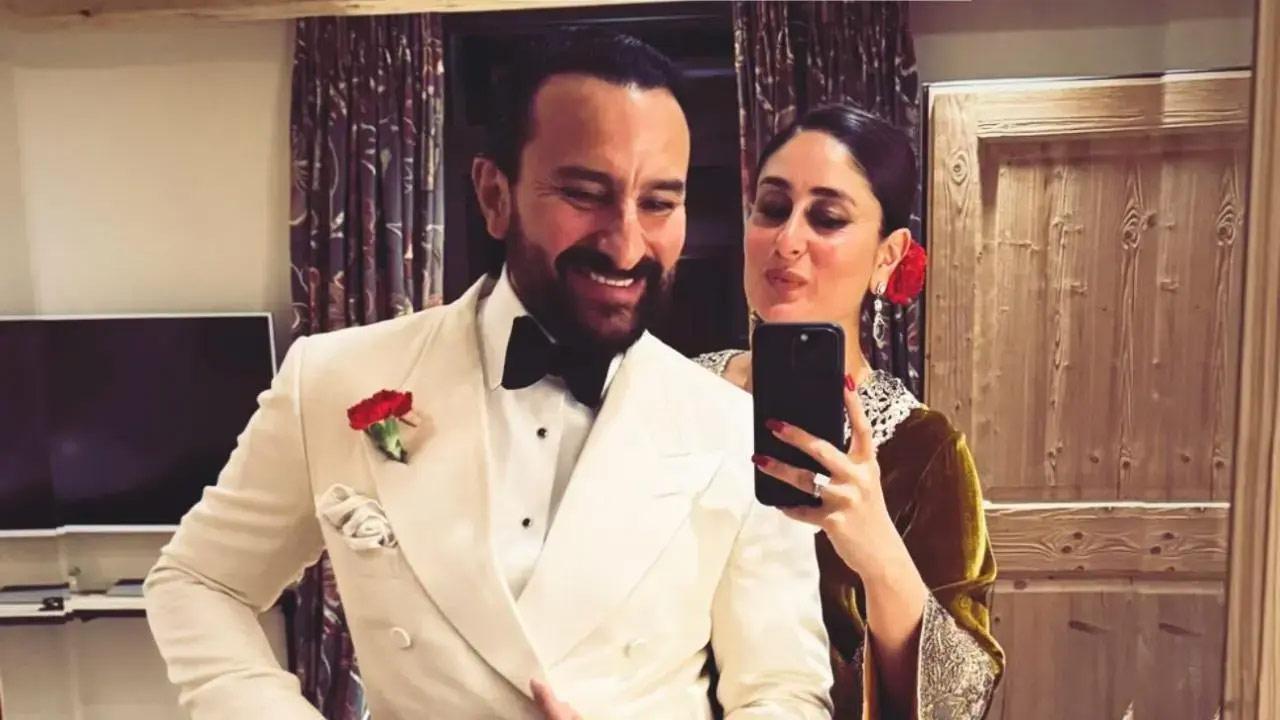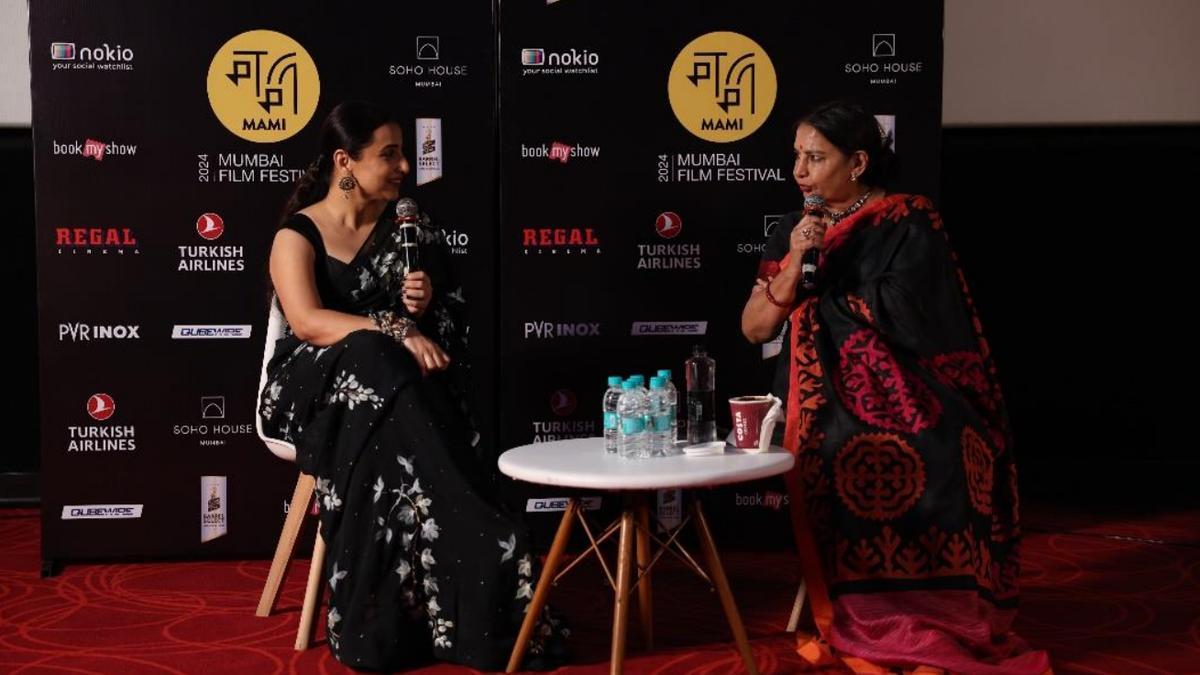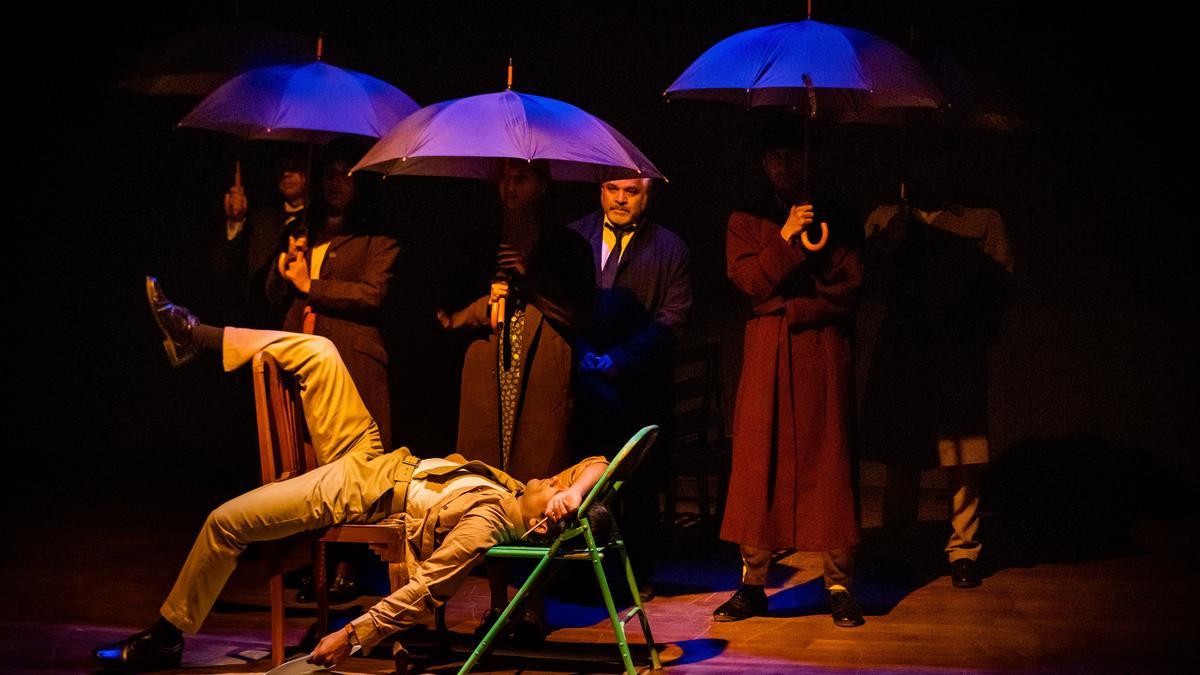
Karwa Chauth, a festival deeply entrenched in Indian culture, is celebrated with immense enthusiasm and reverence by married women who fast for their husbands’ prosperity and longevity. Bollywood, ever adept at weaving Indian traditions into its storytelling, has masterfully captured the essence of Karwa Chauth in various films. These movies resonate with audiences by depicting not only the rituals but also the underlying emotions, love, and commitment associated with the festival. Here, we explore six Bollywood films that signify the spirit and cultural sentiments of Karwa Chauth.
**1. Dilwale Dulhania Le Jayenge (1995)**
A cinematic milestone, “Dilwale Dulhania Le Jayenge” brings to life the festival of Karwa Chauth in one of its most iconic scenes. The moment where Simran, portrayed by Kajol, holds the fast for Raj, played by Shah Rukh Khan, has become an emblem of love and dedication. The moonrise sequence, rich with emotion, stands as a hallmark of how this festival is cherished in Bollywood. The film goes beyond the festival’s customs to delve deeply into the emotional connection between the protagonists, marking it as a cultural phenomenon for the celebration of Karwa Chauth.
**2. Baghban (2003)**
“Baghban,” a saga of love and sacrifice anchored in family values, poignantly exhibits the tradition of Karwa Chauth. Featuring Amitabh Bachchan and Hema Malini, the film portrays how the festival fortifies their enduring marriage. The Karwa Chauth scene is laden with emotions, showcasing the couple’s unwavering devotion, thus underscoring the festival’s significance in renewing the marital bond and keeping the flames of love alive, even after several years of marriage.
**3. Kabhi Khushi Kabhie Gham (2001)**
In “Kabhi Khushi Kabhie Gham,” the vibrant Karwa Chauth sequence shared by Rahul (Shah Rukh Khan) and Anjali (Kajol) forms a critical part of the narrative. Embraced in traditional garb, their celebration of the festival is filled with joy and depth, reflecting both the personal and cultural importance of this moment. This film beautifully ties Karwa Chauth to themes of familial love and bonding, exhibiting how deeply embedded these traditions are within Indian society.
.
**4. Ishq Vishk (2003)**
The film “Ishq Vishk” tenderly captures a youthful representation of Karwa Chauth through the relationship between Rajiv (Shahid Kapoor) and Payal (Amrita Rao). Payal’s fast for Rajiv symbolizes her heartfelt affections and aspirations for their blossoming future. The narrative injects a dose of light-hearted charm into the festival, capturing how the younger generation reconciles age-old traditions with modern-day romances.
**5. Hum Dil De Chuke Sanam (1999)**
“Hum Dil De Chuke Sanam” presents Karwa Chauth in a sequence throbbing with drama and emotion. The character Nandini, played by Aishwarya Rai, upholds her fast for Vanraj (Ajay Devgn), adding layers to her internal struggle as she wrestles with her feelings for another man. This scene amplifies the festival’s deeper meanings of commitment and sacrifice, portraying Nandini’s respect for her husband and the sanctity of matrimony.
**6. Biwi No. 1 (1999)**
A humorous take on Karwa Chauth is provided by “Biwi No. 1,” where Pooja (Karishma Kapoor) fasts for her husband Prem (Salman Khan), unaware of his infidelity. By incorporating elements of comedy, the film brings to light the marital trials and tribulations some may face. Despite its comedic touch, the festival’s core values remain intact, highlighting the cultural essence and traditional importance of Karwa Chauth within Indian households.
The vivid portrayals of Karwa Chauth in Bollywood films continue to captivate and resonate with the audience, accentuating the festival’s emotional and cultural weight. Through narratives steeped in love, loyalty, and the timeless essence of sacrifice, these films honor the rich traditions of Indian culture. Whether depicted in grandiose scenes or with a playful tone, Karwa Chauth remains a symbol of love and unity, bridging relationships through its heartfelt depiction in Indian cinema.










